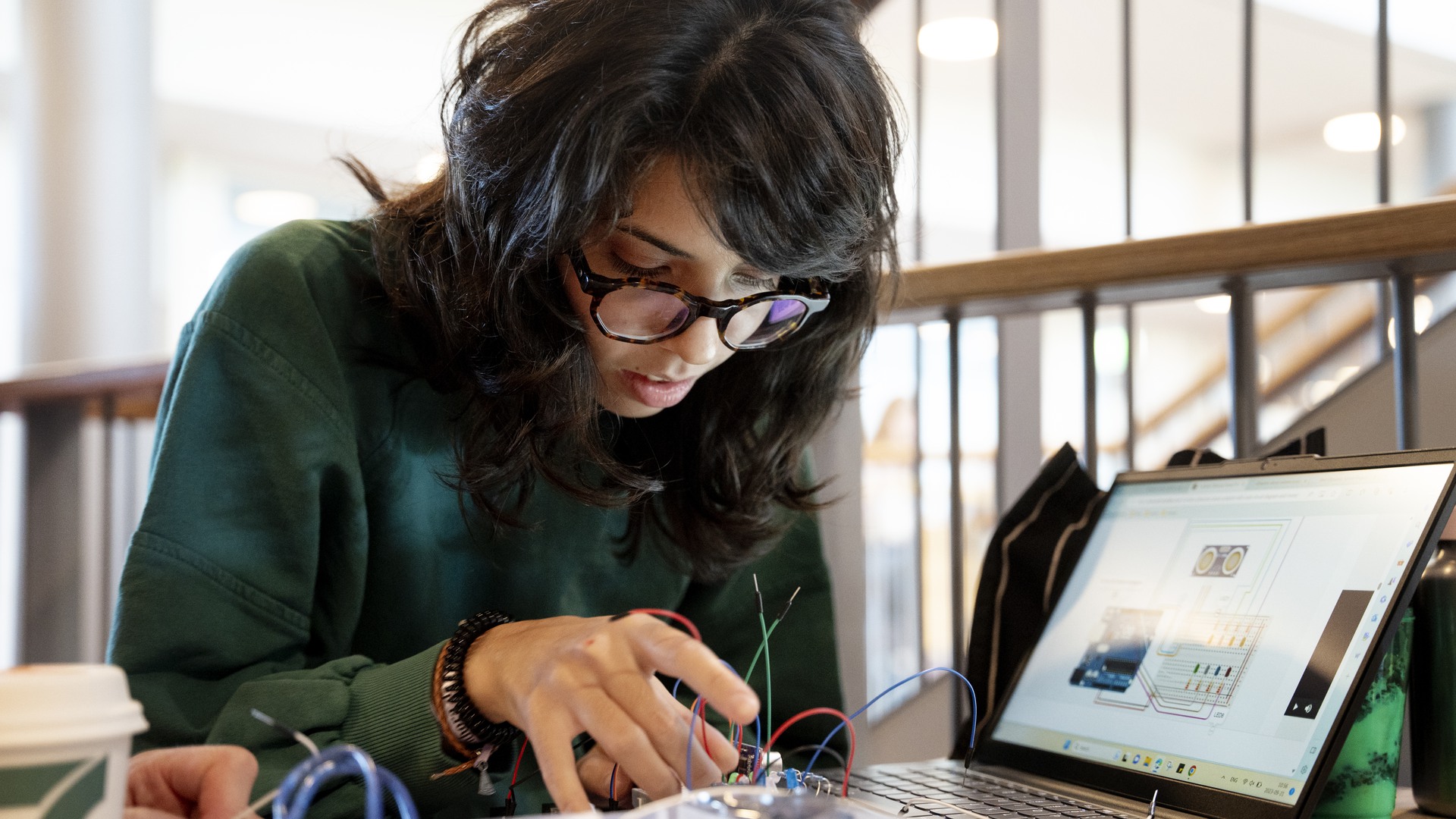- Bolter, Jay D. (2019). The Digital Plenitude : The Decline of Elite Culture and the Rise of New Media. Cambridge, MA & London: The MIT Press.
- Bolter, Jay D. & Grusin, Richard (1999). Remediation: Understanding New Media. Cambridge, MA & London: The MIT Press.
- Couldry, Nick (2016). The Mediated Construction of Reality. Oxford : Polity Press.
- Gillespie, Tarlton, Boczkowski, Pablo J., & Foot, Kirsten A. (eds.) (2014). Media Technologies: Essays on Communication, Materiality, and Society. Cambridge, MA & London: The MIT Press.
- Heskett, John (2002). Design: A very Short Introduction. Oxford University Press.
- Jenkins, Henry (2006). Convergence Culture: Where Old and New Media collide. New York & London: New York University Press.
- Karlsson, Jan CH & Bergman, Ann (2017). Methods for Social Theory. Analytical Tools for Theorizing and Writing. London & New York: Routledge.
- MacKenzie, Donald and Wajcman, Judy (eds) (1999). The social shaping of technology. 2nd ed. Buckingham: Open University Press.
- Manovic, Lev (2002). The Language of New Media. Cambridge, MA & London: The MIT Press.
- Storsul, Tanja, Krumsvik, Arne H. (eds) (2013). Media innovations: A multidisciplinary study of change. Gothenburg: NORDICOM.
- van Dijck, José, Poell, Thomas, & de Waal, Martijn (2018). The Platform Society: Public Values in a Connected World. Oxford: Oxford University Press.
The course literature is digitally available through the university library.
In addition to the literature listed above, the course readings consist of book chapters, journal articles and reports that will be shared by the course instructors.
EduSinglePage
About the course
In this course students develop and apply advanced theoretical knowledge in the field of media technology. With a particular focus on existing and emerging media technologies and their impact on the media intensive industries, students explore relevant social, economic and cultural aspects and conditions of media technology.
This course is offered as part of programme:
Course content
- A broad overview of the media technology field and its theoretical foundations,
- Social, economic and cultural contextualisation of media development and media use,
- Interdisciplinary perspectives on media development.
Entry requirements
1. Bachelor degree in media technology or in a related field with a minimum 180 European Credit Transfer System credits. Examples of related fields include: computer science, informatics, information systems, human-computer interaction, interaction design, media/IT management, game development, media and communication science and digital cultural studies.
2. English proficiency equivalent to English 6 from a Swedish upper secondary school.
Course literature
Course evaluation
The University provides students who are taking or have completed a course with the opportunity to share their experiences of and opinions about the course in the form of a course evaluation that is arranged by the University. The University compiles the course evaluations and notifies the results and any decisions regarding actions brought about by the course evaluations. The results shall be kept available for the students. (HF 1:14).


